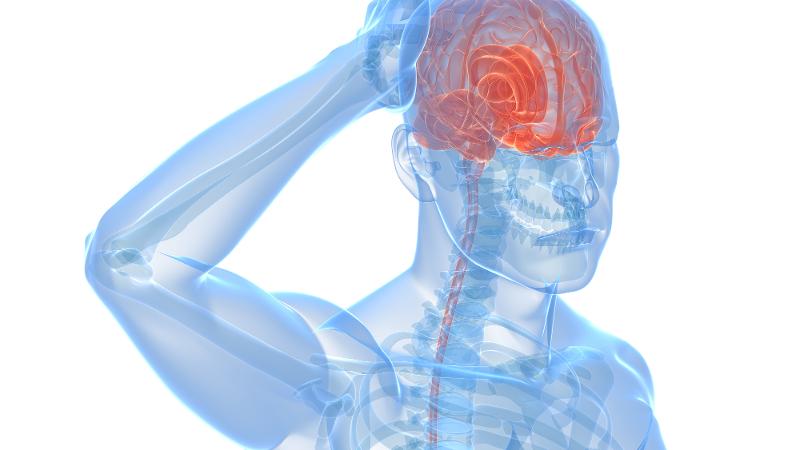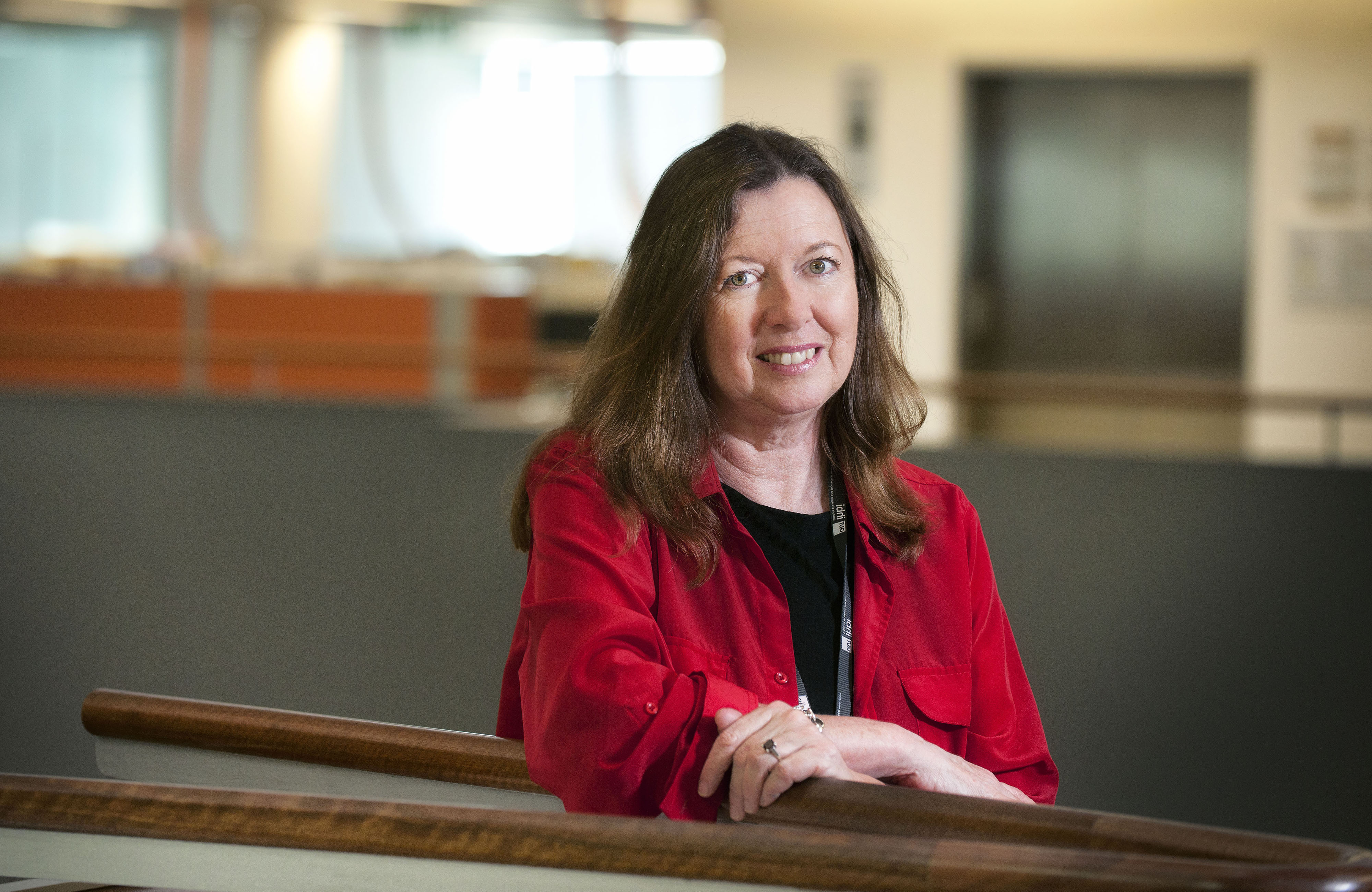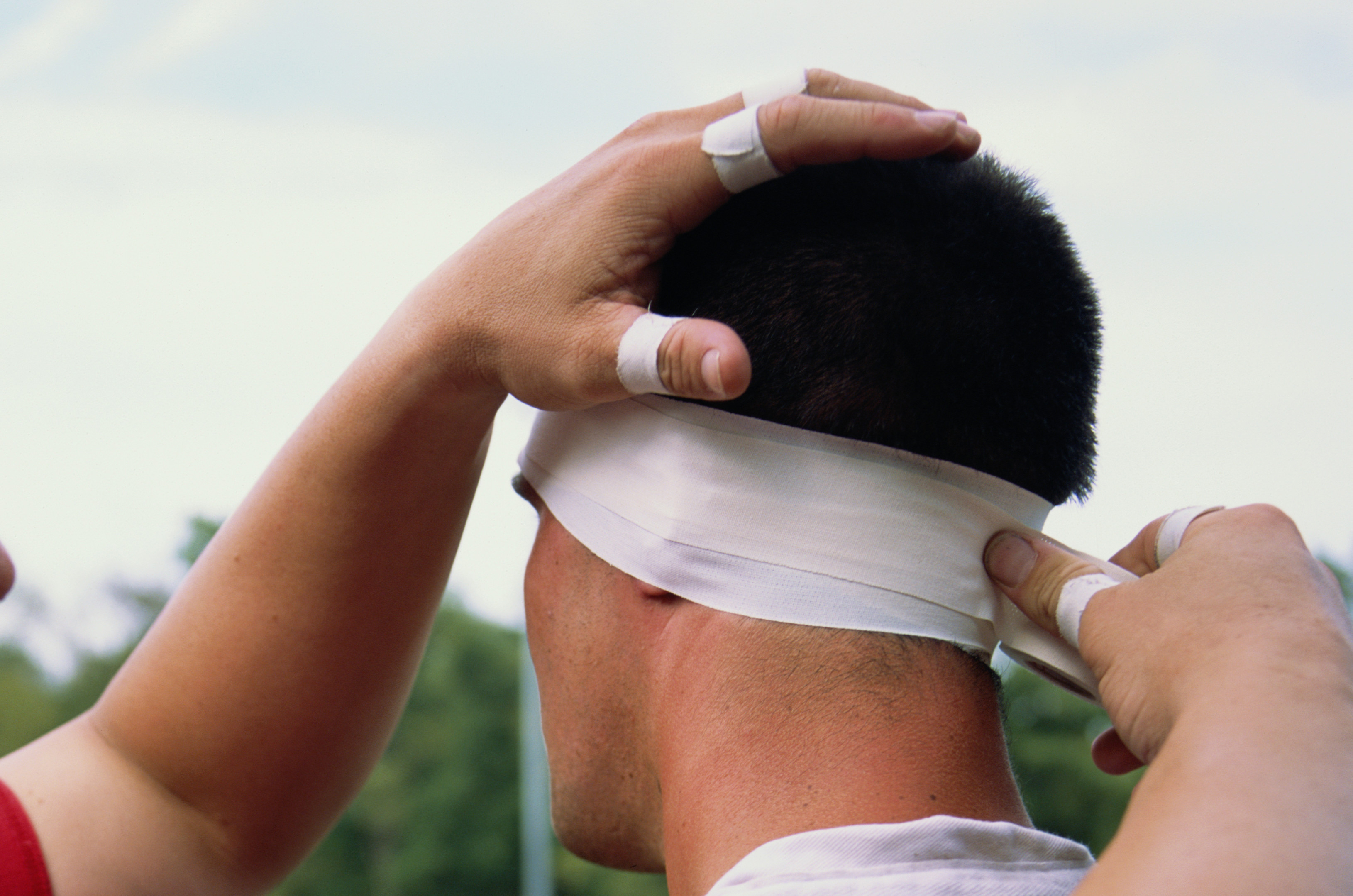
The world’s first study on whether genetic variations are involved in the post-traumatic headache experienced by some people following concussion is underway at QUT, funded by a $250,000 US Department of Defence grant.
- The study at the Genomics Research Centre at the Institute of Health and Biomedical Innovation (IHBI) is headed by IHBI Executive Director and leader in migraine genetics research, Professor Lyn Griffiths
- Neurologists and sporting clubs’ concussion doctors, including from AFL and rugby, have been enlisted to help recruit participants who have had persistent headache or chronic migraine following concussion
- Whole-exome DNA sequencing will be used to investigate whether variations in ion channel genes and pathways play a role in the development of post-traumatic headache
- The study will provide important genomic information to assist post-concussion headache diagnosis, treatment and management
Professor Griffiths said that headaches are a common symptom following head trauma that also causes concussion, and this can be a significant healthcare burden and drastically affect quality of life.
“Traumatic brain injury symptoms can vary significantly and can include a range of neurological dysfunctions, including migraine and persistent headache, but also cognitive deficit, confusion, slowed reaction times, personality changes, drowsiness and emotional changes,” she said.
“While most people have acute and relatively short-lived effects, in some cases symptoms are known to persist for weeks or months, and sometimes years.

“This results in a diagnosis of post-concussion syndrome, which can cause some people to retire from contact sports for the sake of their health.
“Post-concussion syndrome as a whole is not well understood, and we don’t know why some people suffer prolonged symptoms such as severe and persistent headaches and others don’t.
“We think that genetic variation may play a role, so the aim of this study is to look at a range of genes focusing in particular on those involved in nerve function.”
Professor Griffiths said after a traumatic brain injury there is a cascade of events that impact the health of neurons in the central nervous system.
“These events involve ion channels in cell membranes which control the flow of chemical ions, such as calcium, sodium and potassium. Ion channels are an important target for treating a number of medical conditions,” she said.
“Research has already shown that mutations in one particular calcium ion channel gene can cause a severe type of migraine that runs in families. For people with a specific mutation in this gene, even a minor head bump can lead to very severe post-concussion symptoms.
“So we are focusing on whether this and other ion channel genes play a role in the way an individual reacts to concussion and whether they experience post-concussion headache and migraine.”

Professor Griffiths said the researchers have already enrolled some participants, but are seeking more.
They would particularly like to hear from people whose family members have also experienced concussion, whether sporting, accident or work related.
More information about the study can be found here or contact Professor Griffiths, 3138 6102 or 0417 702 256 and lyn.griffiths@qut.edu.au or PhD candidate Omar Ibrahim, 3138 0675 or 0435 901 267 and omar.abdelrahman@hdr.qut.edu.au
QUT Media contacts: Karen Milliner, 07 3138 1841 or k.milliner@qut.edu.au
After hours: Rose Trapnell, 0407 585 901 or media@qut.edu.au




